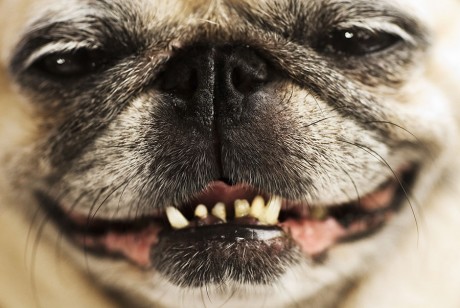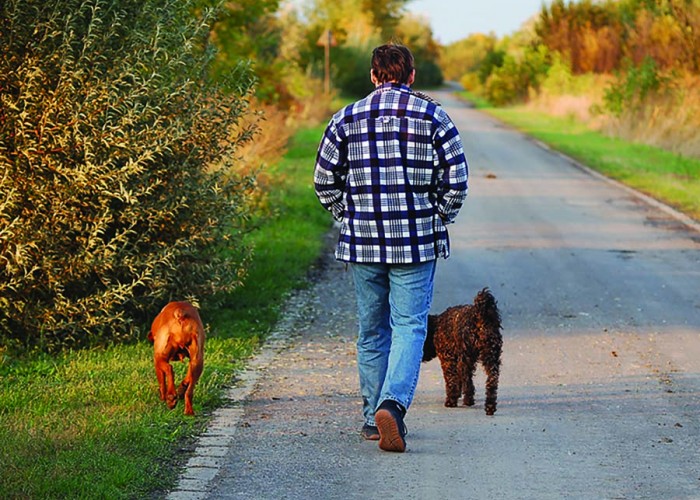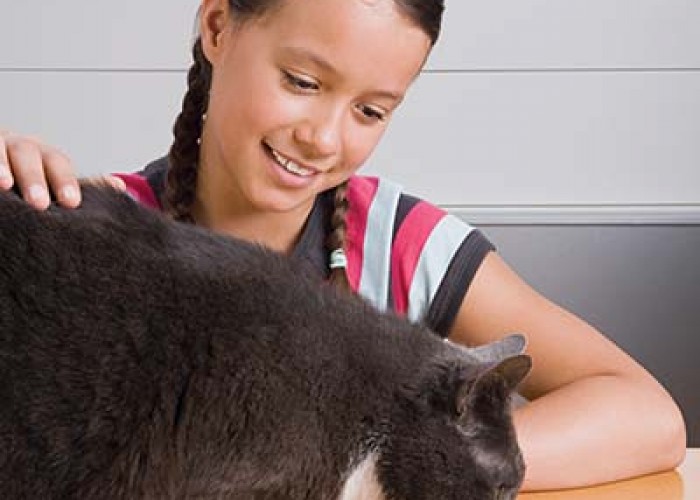Dealing with Dog Breath?
Bad breath in pets could be a sign of poor health
By StatePointIf you’ve ever experienced dry mouth, you know how uncomfortable it can be. Unfortunately, your pet can get dry mouth, which can lead to more serious issues down the line.
Underlying causes
Dry mouth is a condition where saliva loses its protective benefits and leads to an overgrowth of odor-causing bacteria and plaque accumulation, as well as increases the risk of periodontal disease.
While diseases such as diabetes can contribute to dry mouth in pets, the most common cause is medication. What’s more, it is believed that medications increase the risk of developing complications due to dry mouth by 40 percent. This side effect is far-reaching. Medications for allergies, anxiety, urinary incontinence, osteoarthritis pain, heart conditions, high blood pressure and more can all contribute to dry mouth.
While most pet parents are not aware their furry friends have dry mouth, watching out for “dragon breath” can help, as it is often a red flag that something is wrong. Experts say you don’t need to wait until this becomes an issue to protect your pet’s health.
Oral care options
As the saying goes, prevention is the best medicine. You can find brushes sized for dogs and cats and appropriate toothpastes for each at pet stores and veterinarians’ offices and online. There are also many oral care systems available for pets that don’t require brushing. They include Oratene Brushless Oral Care, which includes a water additive, breath freshening spray and brushless toothpaste gel.
Brushing or using an oral system can benefit a dog or cat of any age, especially those on medications.
Hydration to the rescue
When it comes to dry mouth and yucky breath, making sure your pet is drinking enough water can also help. It’s very important to keep your critters hydrated at any time, of course, but especially so when the weather is warmer. Signs of dehydration in dogs and cats include sunken eyes, loss of appetite, lethargy, excessive panting and loss of skin elasticity.
Here are some tips to keep Fido and Fluffy properly hydrated:
- Leave enough. If you are gone all day and your pet is outdoors, he or she may need more than one bowl of water.
- Moisten food. Try wet food or add some water to dry kibble.
- Entice with ice. Add ice cubes to water bowls or offer small ice chips by hand to encourage drinking.
- During exercise. Offer water every 20 minutes or so when your pet is out walking with you on a hot day, so he or she doesn’t get overheated. You can carry bottles in a school backpack or a hip belt with bottle pockets, and bring either a collapsible water bowl or a regular one.
-
More about our furry friends
-
Share this story:






